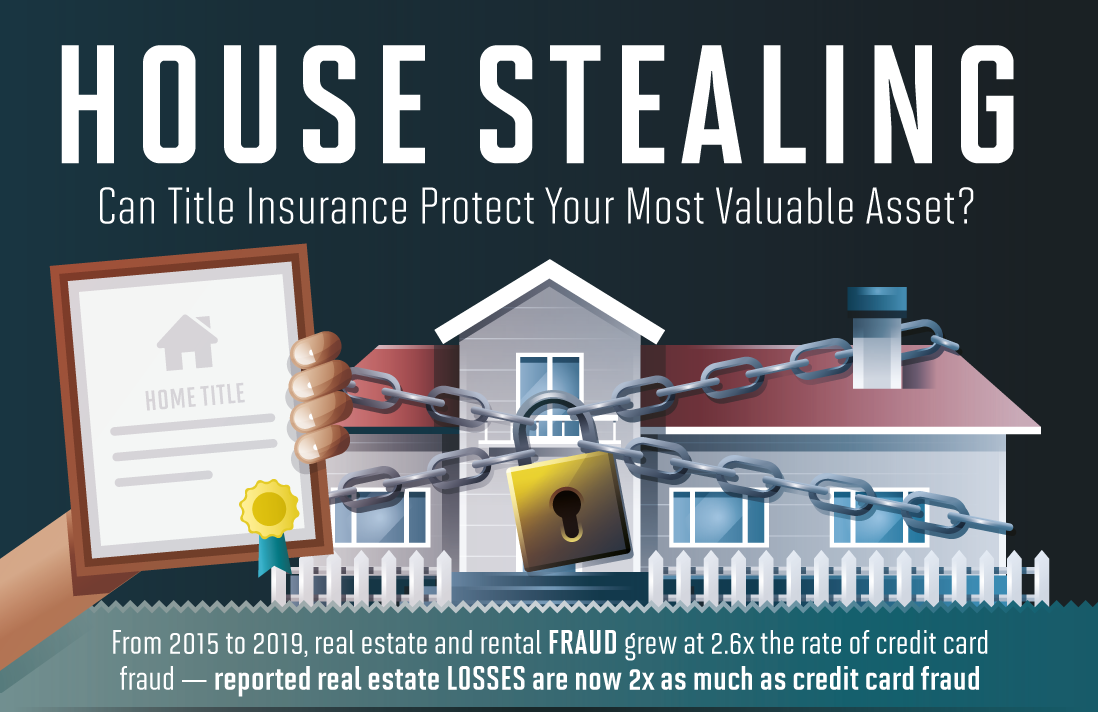Smartphones, smart homes, smart life: our society is getting increasingly smarter. We do this through a combination of technology and data. Data has given us many positive things and has completely changed our lives forever, however there is a big negative – home title fraud.
Thanks to the influx of information that is publicly accessible, many identity thieves have used data as a way to ruin and take over innocent lives. Luckily for us we have managed to figure out how they achieve this and how to prevent it.
How does it work? The first step in committing home title fraud is to create a forged deed. Identity thieves do this by accessing public data records such as a person’s primary address or contact information. They then surf the internet for signature examples or other information so that they can develop the perfect persona of the victim. Once this is completed they begin the next step: legal.
Now that the scammer has enough information to convince the county that they not only have your signature but your consent they file paperwork that allows them to claim ownership of the victim’s house. With the hard part over, they can now take out loans against the property, sell it without the rightful owner’s knowledge and even inherit the home if the current owner should die.
The most devastating part of this is that it is all done without the rightful owner’s knowledge. The scammer can continue to do this for years and the victim is none the wiser. They usually only find out one of three ways. First, they are sent a letter of foreclosure by their lender. Second, they go to sell, refinance, or transfer ownership to find that they are no longer the legal owner. Third, they physically find someone living in their property that they had no knowledge of.
If this wasn’t bad enough it is typically impossible to do anything once the scam is discovered. Providing home title fraud is almost out of the question because oftentimes it just winds up in the victim being proved negligent. Law enforcements typically cannot intervene because the crime was committed beyond the statute of limitations. Home title fraud battles are often lengthy and expensive and victims do not have the finances for it.
There are systems in place to prevent these scammers and internet attackers that target home titles. One of the most well known of these services, Home Title Lock, offers around the clock service to help homeowners in the fight against title fraud.
They provide a virtual perimeter that surrounds not only the home’s online title but its mortgage as well. When there is evidence of tampering with a title or a mortgage Home Title Lock alerts the homeowners immediately so that they can create a prevention plan. They have mobile resources that aid in the effort to stop illegal online activity in the home title realm. Finally, they offer financial assistance and support for homeowners battling with home title fraud.
You don’t have to fight online scammers alone. In fact, it is safer for you to partner with services that are specifically designed to protect you from home title fraud. Attempting to do this all by yourself could result in leaving you vulnerable or a target for online scammers.
You shouldn’t ever have to worry about becoming a victim of home title fraud. Informing yourself on the necessary steps you can take to increase your digital protection not only makes you a stronger individual, but it gives you the power to be a stronger household in the online world.

Source: HomeTitleLock.com

